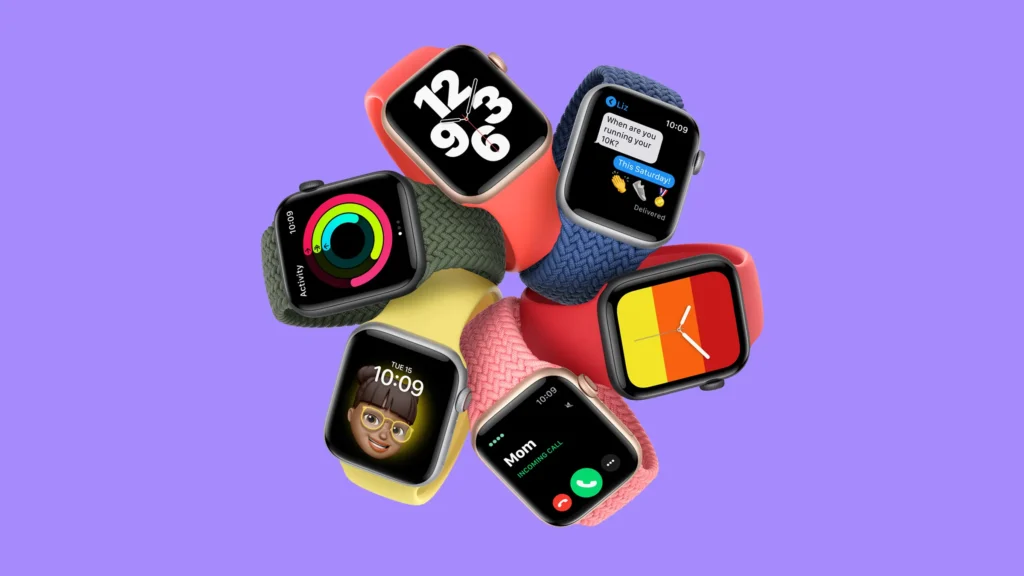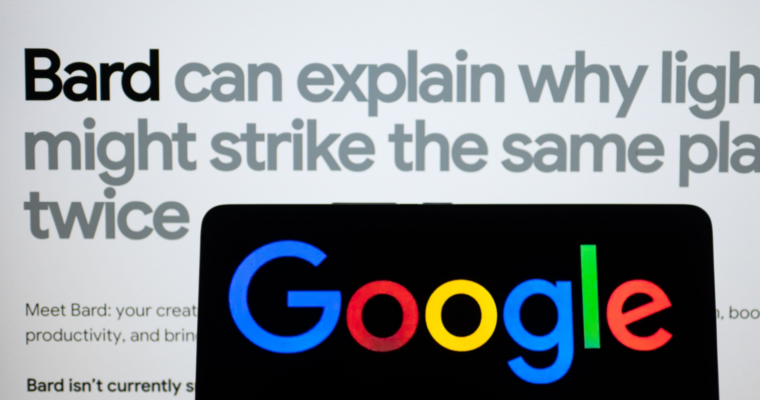This Free App Alerts You Whenever Google Collects Your Browsing Data


How often would you guess Google collects your browsing data? We all know the tech giant siphons bits of information every time we use its search, sign into its apps, or zone out on YouTube, but you might be surprised to learn (or not, given the company’s reputation) almost every click and keystroke is sent to Google (at least on certain websites). And that data sharing is even more aggressive if you’re using Google’s apps or browsing on Chrome.
If that sounds too over-the-top, even for Google, you can check for yourself using a new free app called GoogleTeller, from developer Bert Hubert.
GoogleTeller makes a short “blip” sound each time your data is sent to one of Google’s public IP addresses. The app only works on Linux desktops for now, but Hubert posted a video demoing the software so you can see the results for yourself.
Those little beeps you hear aren’t Hubert’s keyboard or mouse; it’s GoogleTeller logging every connection to Google’s servers. The near-constant beeping on an unassuming Dutch government site—a country with stricter data tracking laws than the U.S.—shows just how aggressive the company’s tracking really is. Imagine what it sounds like if you’re using Google search on Chrome, or worse, a Pixel phone or Chromebook.
While GoogleTeller’s current Linux exclusivity means Windows and Mac users can’t check Google’s tracking first-hand, the major takeaway is still useful: Google collects a lot of your data. A lot. You don’t necessarily need an app to tell you that, but even still, you may find the results enlightening.
Does this mean your privacy is at risk? Google mostly uses that data to diagnose bugs, improve its services, and—most likely—make money from its advertising partners. The advertising practices are skeevy, and such aggressive tracking is invasive, but the real issue comes from outside threats that can intercept and leak user data if not properly secured—a risk posed by any company that collects user data.
The good news is you can mostly escape Google’s trackers. There are browsers and browser extensions with stronger privacy controls that block both Google and anyone else from sniffing out your browsing data. There are also user controls in your Google Account that limit what you share with Google, and even auto-delete the data it stores on you. Obviously, the only foolproof way to avoid Google’s trackers is to delete your Google Account and stop using the company’s products entirely.
Recent Posts
- Astronomers detect first direct image of black hole expelling a powerful jet
- WhatsApp rolling out ‘reply with message’ feature within call notifications
- Multi-Device Pairing May Be Arriving for Apple Watch this Year
- Artificial Intelligence Discovers Hidden Giant, a Planet 5 Times Larger Than Jupiter
- Google CEO Sundar Pichai Talks Bard & The Future Of Search
Recent Comments

WhatsApp rolling out ‘reply with message’ feature within call notifications

Multi-Device Pairing May Be Arriving for Apple Watch this Year

Google CEO Sundar Pichai Talks Bard & The Future Of Search

AMD assures that Ryzen 7 7800X3D is only slightly behind Ryzen 9 7950X3D in games

Astronomers detect first direct image of black hole expelling a powerful jet

WhatsApp rolling out ‘reply with message’ feature within call notifications

Multi-Device Pairing May Be Arriving for Apple Watch this Year

